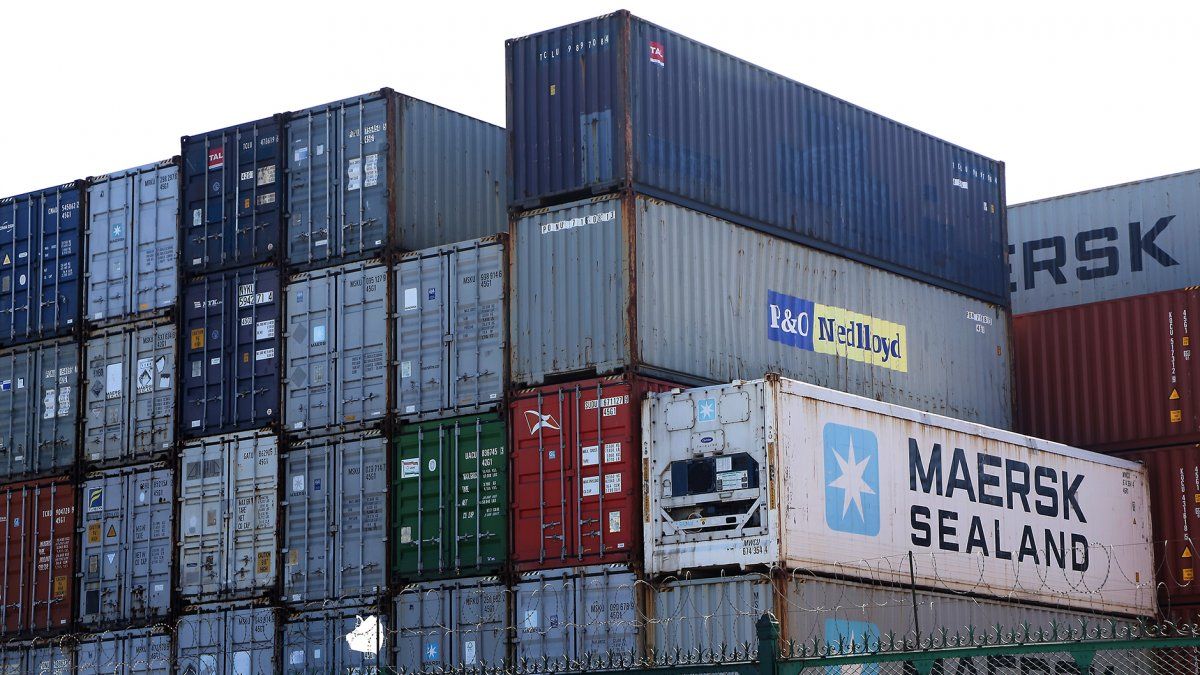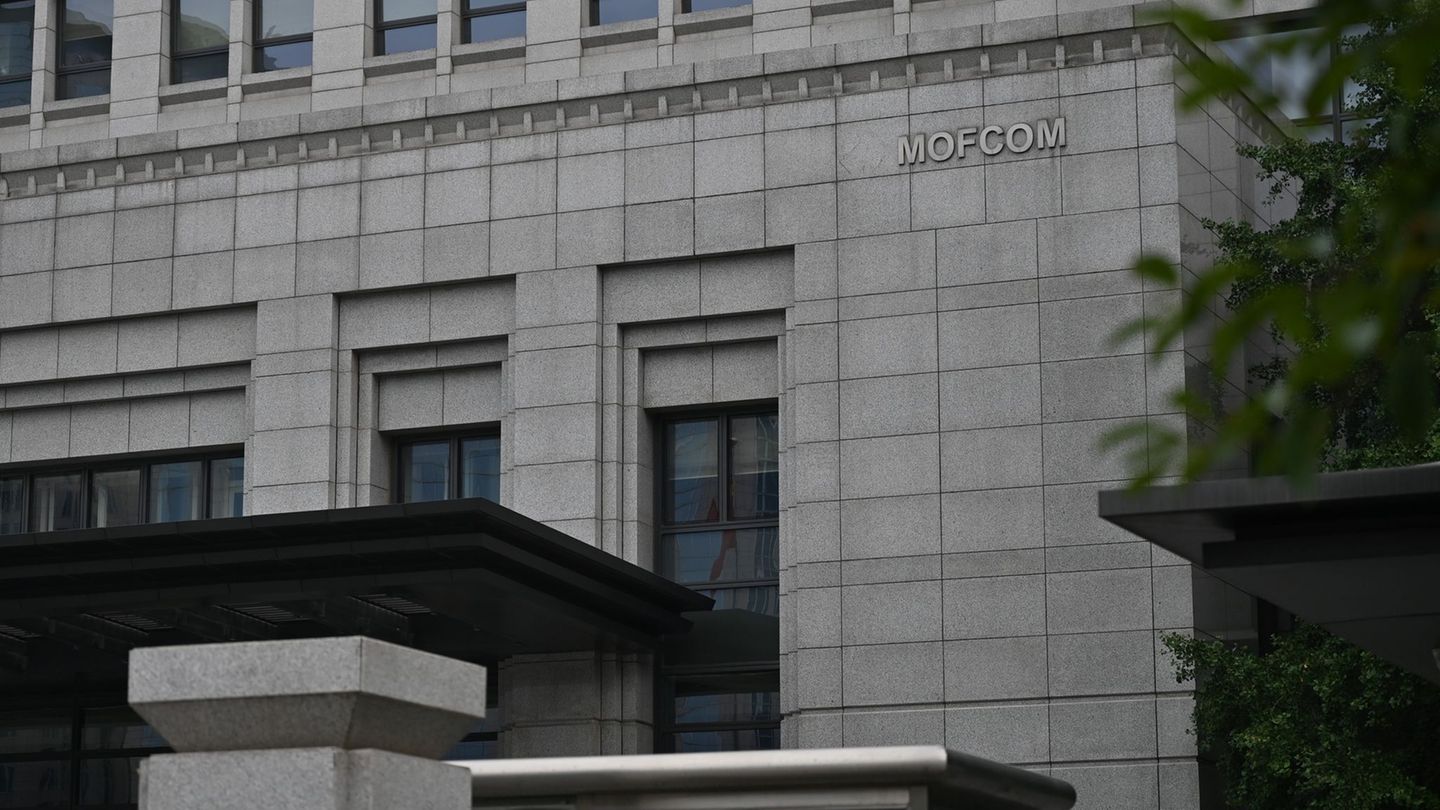According to the statement, the new SIRA system “generates a series of delays for thousands of companies that are unable to produce because they cannot access dollars to import basic inputs. The situation jeopardizes the level of activity and, consequently, the job”.
Faced with this serious picture, the national deputies submitted a request for information addressed to the Ministry of Economy and the Secretary of Commerce to indicate “what measures the government intends to implement in the face of the lack of inputs to avoid a brake on production, which will generate a negative impact for the economy, greater than the one it has already been going through”. Juan Martín’s initiative is accompanied by 27 peers from the interblock.
“The replacement of the Comprehensive Import Monitoring System (SIMI) by the Import System of the Argentine Republic (SIRA) was intended to increase control of foreign trade and improve payment terms. However, the latest survey of the Argentine Industrial Union (UIA) shows that more than 80% of the companies indicated that the deadlines for approval of applications with the new system are longer than with the previous system.“, points out the deputy of radicalism in Santa Fe.
“At the time it was said that the system would serve to put an end to the joke of those who took advantage of the permits to speculate with the dollars. What we ask ourselves is what the government is going to do with the hundreds of businessmen, who are the majority and are not in any party, they seek to produce and today they are seriously affected, ”says the legislator.
In that sense, Juan Martin cites the report of the Argentine Chamber of Commerce (CAC) of January of this year, based on a survey of more than 200 micro, small and medium-sized companies that import raw materials, intermediate goods, capital goods, consumer goods and parts for capital goods, which revealed that, “in the last 2 months, of the total number of companies, 76% indicated that only less than 25% of the SIRAs requested were approved and that given the impossibility of importing, 93% reduced your inventory level and sales; 61% stated that they do not get financing from foreign suppliers; while 85% of the companies had no contact with the Ministry of Domestic Trade to date.
Specific cases
In the initiative, the deputy highlights some specific situations that serve as a sample of what is happening: lack of hydrogen peroxide, calcium chloride, phosphoric acid, keys to different value chains throughout the country. “From our tour of the industrial parks in the province of Santa Fe, we have been able to see first-hand the difficulty faced by those who require chemical inputs,” added the radical deputy.
The lack of calcium chloride for the dairy industry would lead to lower quality yogurts and cheeses and hygiene problems in all processes. The shortage of hydrogen peroxide affects the food industry in general and the refrigeration industry in particular. Of this last product, only 40% of what the country consumes is produced in Argentina, in a plant in Río Segundo in Córdoba, which is paralyzed due to a labor problem.
Another highly affected sector, which is in an extreme situation, is rubber and similar, 87.9% say they have difficulties guaranteeing the supply of key inputs for production and 57.5% are at risk of plant stoppage due to Lack of inputs to produce.
Imports Exports Trade Surplus Deficit
Ignacio Petunchi
“As is clear, the lack of inputs generates a negative impact for the economy, precisely with stagnation and recession, and adds problems to those that we have already been going through. At the same time, inflation escalates, because the industries, the companies continue to face the fixed costs, to produce less, because they do not have the inputs. It ends up being a shot in the foot”, concludes the deputy.
Deputy Juan Martín’s request for information is accompanied by his peers Lidia Ascárate, Pedro Galimberti, Gabriel Chumpitaz, Victoria Tejeda, Lisandro Nieri, Manuel Aguirre, Mario Barletta, Gabriela Lena, Germana Figueroa Casas, María Eugenia Vidal, Soledad Carrizo, Pablo Torello , Danya Tavella, Graciela Ocaña, Ingrid Jetter, Carlos Zapata, Karina Bachey, Marcela Antola, Mariana Stilman, Carolina Castets, Carla Carrizo, Aníbal Tortoriello, Pamela Verassay, Dolores Martínez, Marcela Campagnoli, Virginia Cornejo and Alberto Assef.
Source: Ambito




